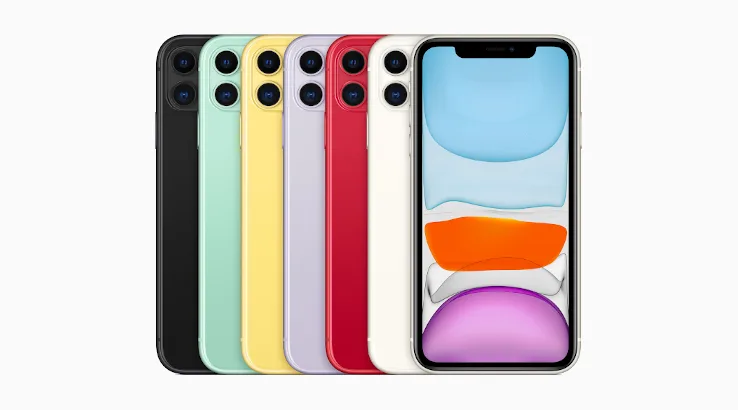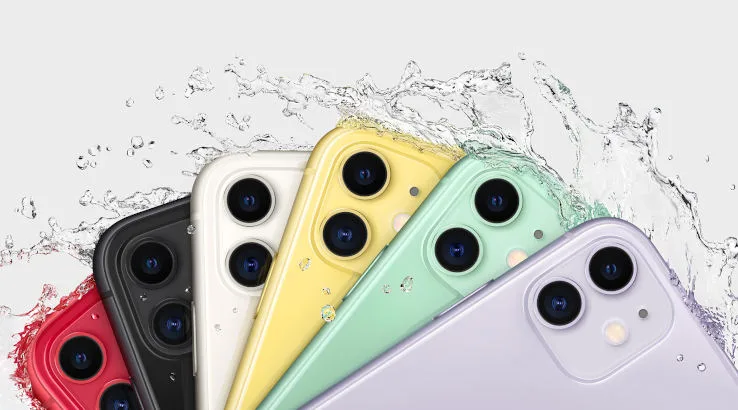Apple iPhone 11: Features | Specifications | Pricing
Summary
Apple's new flagship iPhone 11 features the powerful A13 Bionic chip and an all-new dual-camera array.
Details
Pricing & Availability
| RRP | $1,199 |
| Launch date | 2019-09 |
There's plenty of competition in the mobile phone space, but Apple stands alone as the premium flagship brand, even though recent times have seen a bit of a dip in iPhone sales.
Australians love their iPhones above just about anybody but Samsung, and even there it's rather a Ford vs Holden type comparison. The Apple iPhone 11 is Apple's most "affordable" iPhone for 2019, but it's no slouch in many respects.
Design
- Wide range of colour choices
- 6.1-inch Liquid Retina display

Camera
- Dual-lens camera
- Portrait and Night Modes

Performance
- Apple A13 Bionic on board
- 64GB, 128GB or 256GB storage, but no expansion
- No 5G option

Battery life
- Up to one hour battery life improvement over iPhone XR
- Wired and wireless charging
Early outlook
- Apple's lowest-cost iPhone might be its best bet yet again
Pricing and availability
Back to topCompare iPhone 11 plans
You can also purchase the iPhone 11 on a handset repayment plan from Telstra, Optus, Vodafone or TeleChoice. This will split the cost of your new phone over 12, 24 or 36 months, and you'll get a mobile plan with it too.
Apple iPhone 11 specifications
Display
Camera
Physical Dimensions
Connectivity
Power, storage and battery
Device features
Why is there no 5G in the iPhone 11?
That reason, ultimately, is money. Yes, it's undeniably true that we're still in the early stages of the 5G rollout, and many pundits will try to tell you that Apple is simply waiting until 5G is "ready" for the market before adding it to an iPhone.
Back to topLatest news

How to get the iPhone 14 at a discount in Australia
Find out where you can buy the iPhone 14 outright and at lower prices.
Read more…
Apple iPhone 14: Which model should you buy?
Which among Apple's 4 new iPhone models is best for you?
Read more…
iPhone 14: Australian specs, pricing and release date
Here's what you'll pay, what you'll get and when you can get an Apple iPhone 14 in Australia.
Read more…
